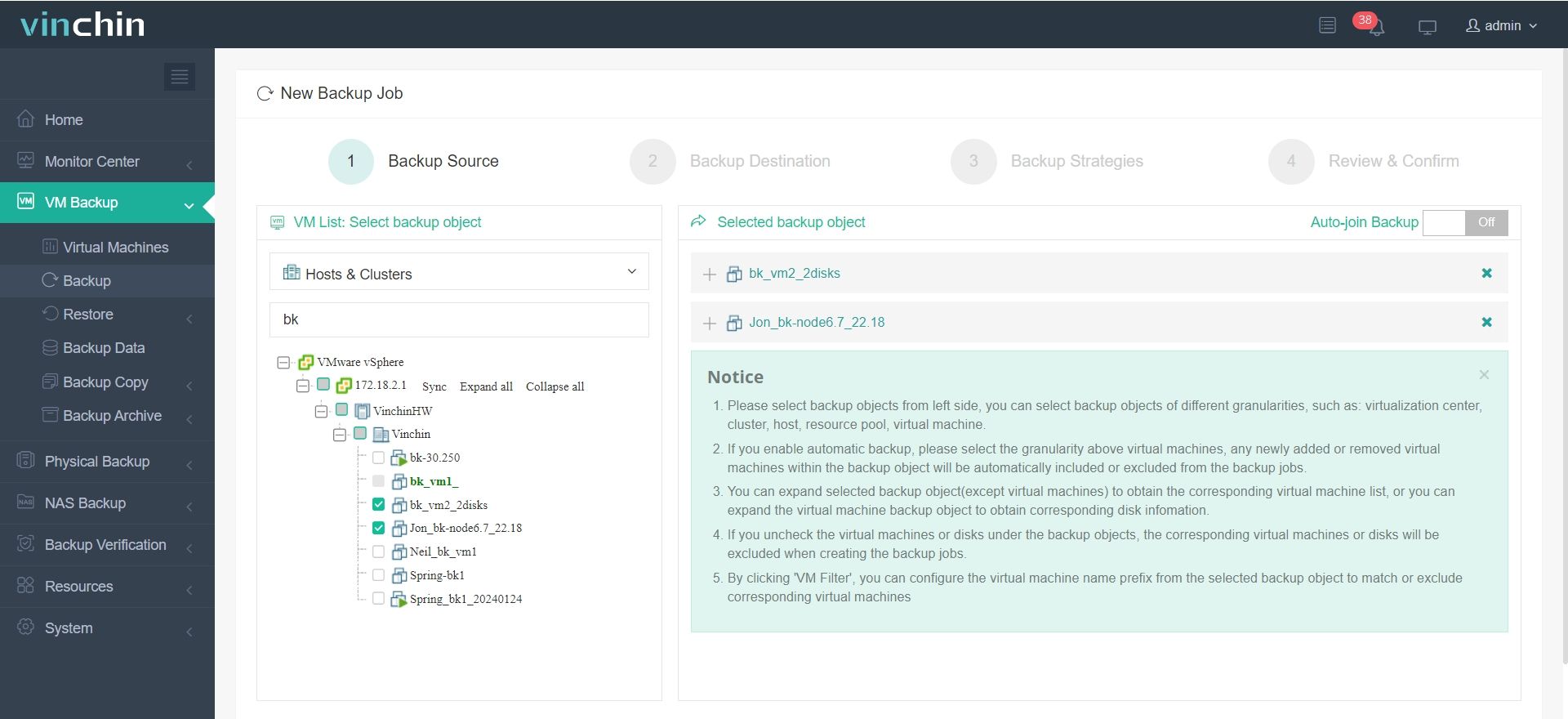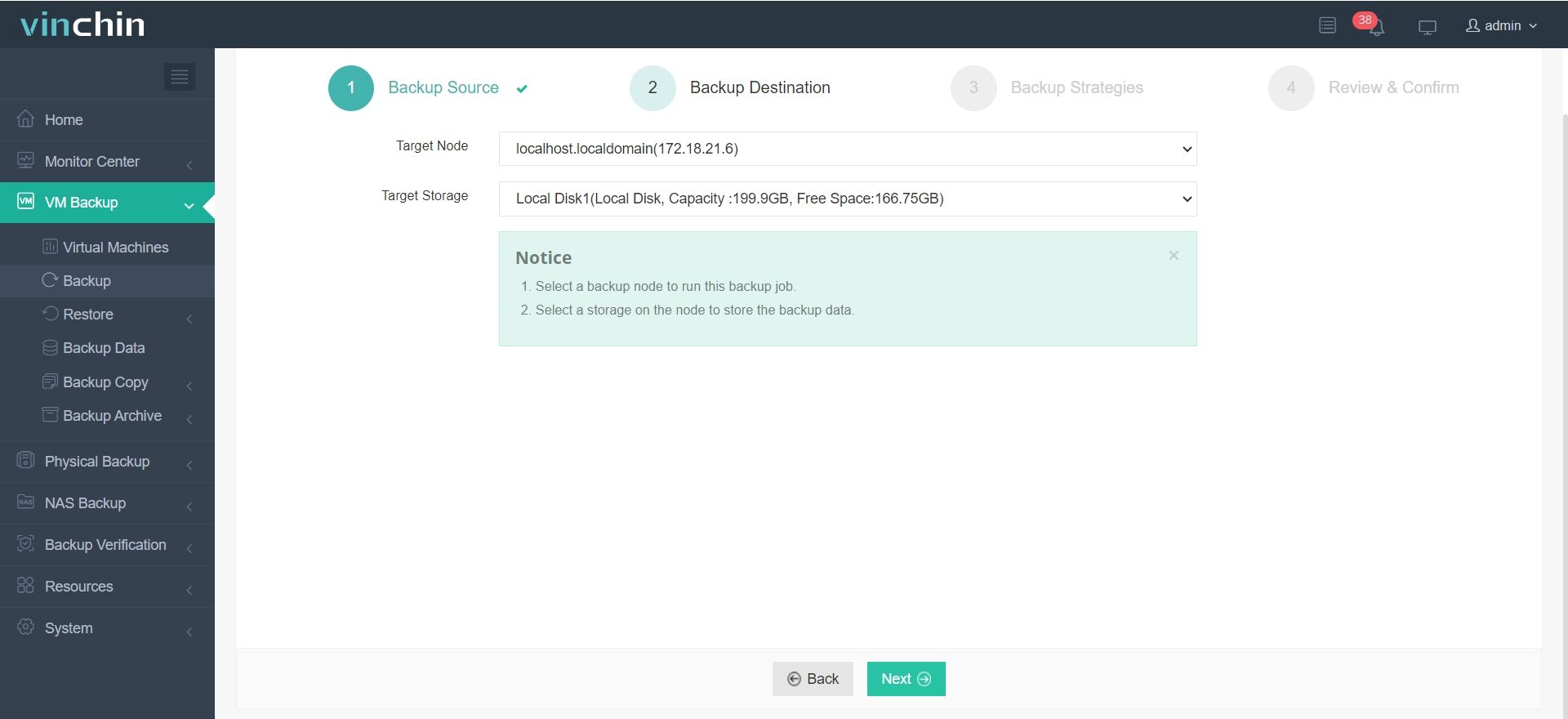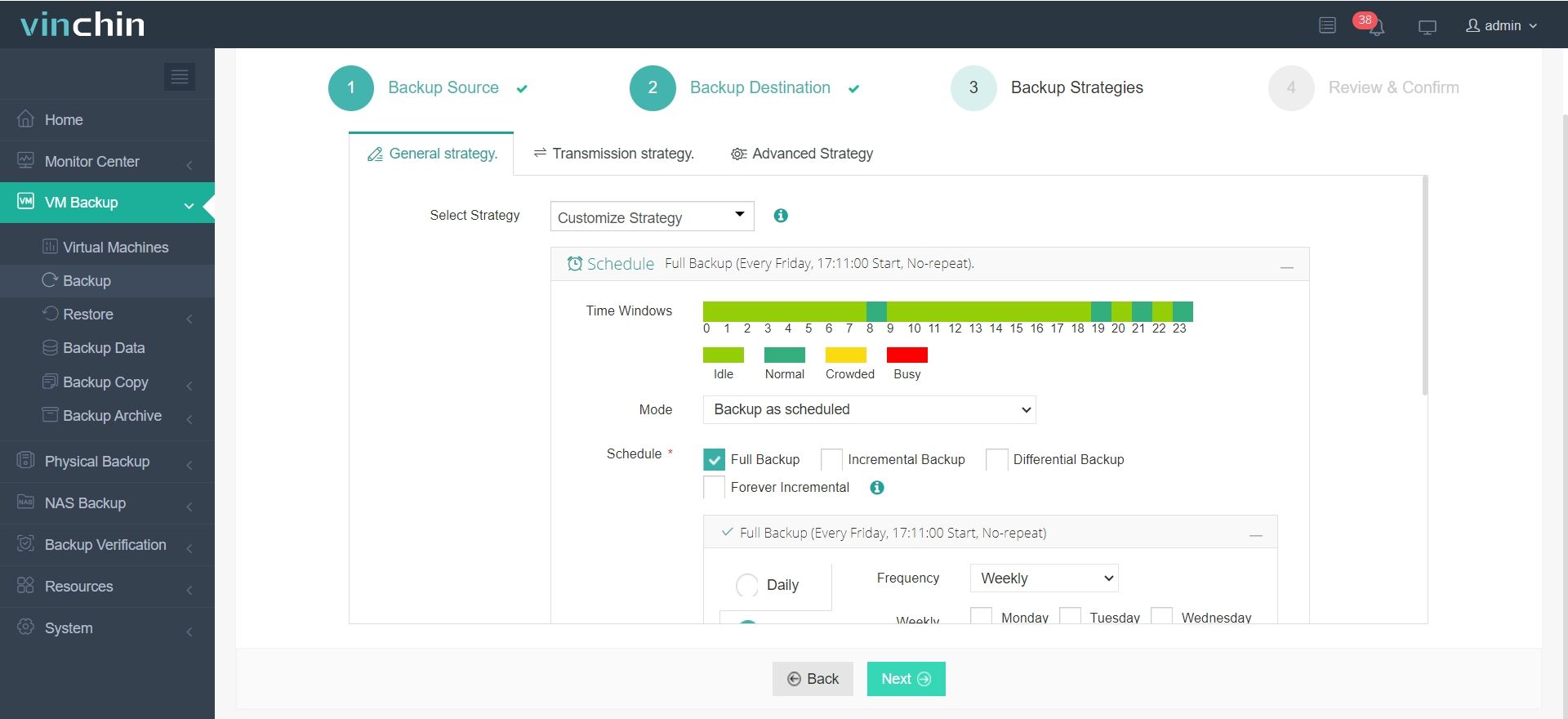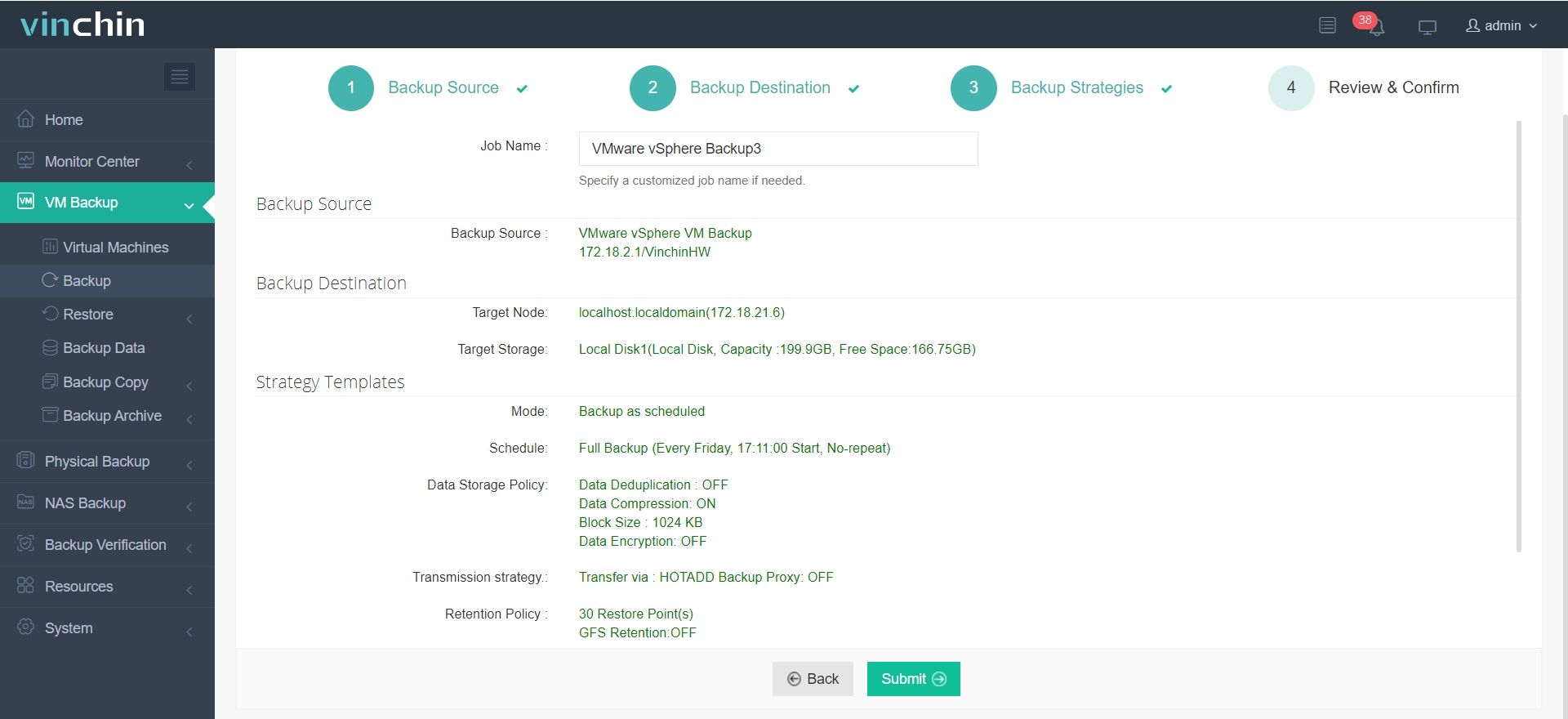-
What is reclaim space?
-
Reclaiming space in the operating system
-
Space reclamation in databases
-
Space reclamation in cloud storage
-
Efficient backup and storage utilization with Vinchin
-
Reclaim space FAQs
-
Conclusion
Storage space is a valuable resource in modern IT environments, whether on enterprise servers, PCs or cloud storage platforms. As the amount of data continues to grow, space management and optimization becomes critical. Reclaim space not only helps improve storage efficiency, but also improves system responsiveness and stability. In this article, let's explore how to effectively reclaim space in different environments, including operating systems, databases, and cloud storage.
What is reclaim space?
Reclaim space refers to the process of freeing up storage space by cleaning, compressing or archiving unnecessary data. This process helps businesses and individuals optimize the use of storage resources without losing important data. Whether in file systems, database management systems, or cloud platforms, space reclamation aims to reduce redundant data, improve disk utilization, and avoid system performance degradation due to insufficient space.
Reclaiming space in the operating system
At the operating system level, reclaiming space usually means cleaning up files you no longer need, deleting caches, and cleaning up temporary folders. These useless files can take up a lot of disk space and may even slow down your system.
Cleaning up temporary files and cache: both Windows and macOS have built-in tools to help users clean up temporary files and browser cache. For example, the disk cleanup tool in Windows can scan and clean up temporary files, download folders, system error memory dumps, etc. to free up space on your system.
Delete unused programs and files: regularly check and delete programs or files that are no longer in use. Most operating systems provide built-in program management tools, such as the Programs and Features option in Windows, which makes it easy to uninstall applications you no longer need.
Use storage awareness: Windows 10 and macOS have a built-in “storage awareness” feature that automatically reclaims space by cleaning up temporary files and old downloads from your system.
Space reclamation in databases
In database administration, especially for large databases like SQL Server, Oracle or SAP HANA, space reclamation is a key operation to maintain database performance and avoid storage overflow.
Cleaning up historical data and logs: Log files in databases can grow over time, especially in systems where transaction logging is turned on. Regularly cleaning up outdated log files, deleting historical data that is no longer needed, or archiving data can effectively free up space.
Database compression: Many database systems support compression technology, which can effectively reduce the space for data storage. For example, SQL Server provides a database compression feature that can save storage space by compressing tables and indexes.
Rebuild indexes: Indexes in a database may become fragmented as data is added and deleted, resulting in low space utilization. Rebuilding indexes regularly not only improves query efficiency, but also recovers space wasted due to fragmentation.
Archive data: For historical data, using the database's archiving feature to move old data to a long-term storage system (such as tape or cloud storage) is an effective method of space reclamation. Especially in enterprise applications, archiving data can help reduce the burden on the database and save storage resources.
Space reclamation in cloud storage
With the popularity of cloud computing, more and more organizations are moving their data storage to cloud platforms. Cloud storage provides an efficient means of managing data and reclaiming space.
Delete files and objects that are no longer in use: Cloud storage services such as AWS S3, Google Cloud Storage or Azure Blob Storage often allow users to store large numbers of files and objects. Regularly checking and deleting useless files or outdated backups can free up cloud storage space.
Lifecycle management: Many cloud storage platforms offer lifecycle management features that can automatically move files from hot to cold storage based on preset rules, or simply delete files that are no longer needed. For example, AWS S3 provides object lifecycle management tools that can automatically archive or delete expired files.
Compressed storage: Compression techniques are also very important in cloud environments. By compressing data, you can reduce the amount of storage space required and lower storage costs. Many cloud storage services offer data compression options that allow users to compress files before uploading.
Automated cleanup: Cloud services also offer automated cleanup tools that allow users to set up regular storage recycling tasks. For example, deleting old log files, cache files, etc. on a regular basis ensures that they don't take up too much storage space.
Efficient backup and storage utilization with Vinchin
Vinchin Backup & Recovery provides a suite of advanced backup solutions for VMs, databases, AWS EC2 and S3 backups to help organizations efficiently utilize storage space. With SpeedKit™ and CBT technologies, Vinchin enables fast incremental backups that not only reduce backup time, but also significantly reduce backup storage footprint. During the backup process, data is de-duplicated and compressed to ensure maximum storage space savings.
In addition, Vinchin automatically excludes swap files, partition gaps and unpartitioned space through BitDetector™ technology, preventing useless data from occupying backup storage and further optimizing storage utilization. Combined with 7x24 technical support, Vinchin provides fast response times to ensure that organizations can efficiently manage storage space and safeguard data at all times.
Vinchin Backup & Recovery's operation is very simple. Below is a simple example of how to back up a VMware VM using Vinchin:
1.Just select VMs on the host

2.Then select backup destination

3.Select strategies

4.Finally submit the job

Vinchin offers a free 60-day trial, allowing users to experience its full functionality in a real-world environment. For more information, please contact Vinchin directly.
Reclaim space FAQs
Q: What are the benefits of reclaiming space?
A: Increased storage utilization.
· Increased available storage space may reduce the need for additional storage hardware.
· Improves system performance, especially when old files or data fragmentation affects read and write speeds.
· Reduces costs and avoids unnecessary expansion by optimizing the use of existing resources.
Conclusion
Reclaiming storage space is critical to improving system performance, optimizing resource utilization and reducing costs. Whether it's operating systems, databases or cloud storage, efficient space management can help businesses free up valuable storage space, improve responsiveness and ensure stable operations.Vinchin Backup & Recovery further supports businesses by providing efficient backup solutions that optimize storage space, reduce backup footprint and improve data protection.
Share on:






